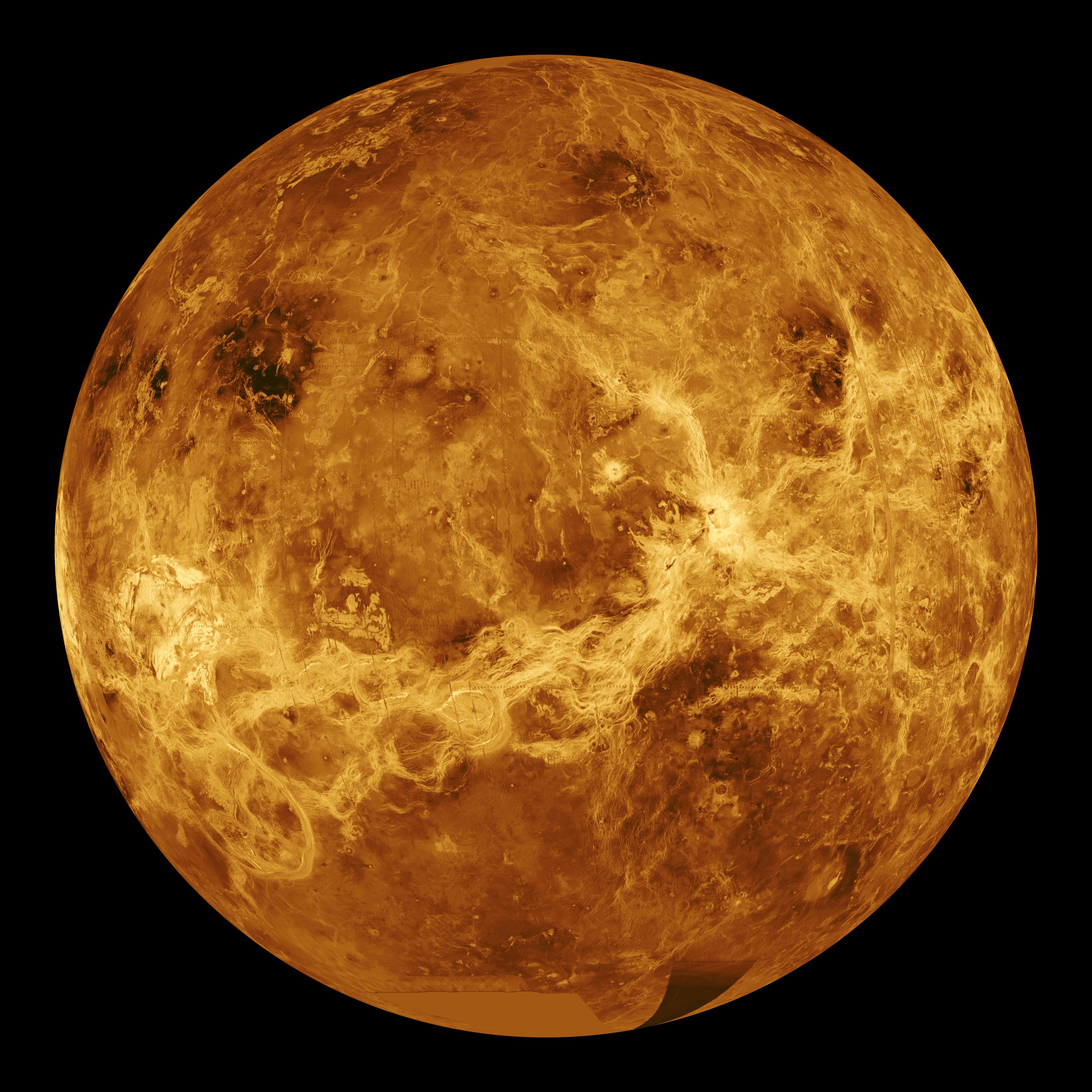Venus' Surprisingly Thin Crust: A New Model for Geological Processes

New research reveals surprising details about Venus' crust. Unlike Earth, Venus possesses a single-piece crust, lacking plate tectonics. Scientists expected its crust to thicken over time due to the absence of subduction. However, a study published in Nature Communications proposes a crustal metamorphism model based on rock density and melting cycles. This model suggests a surprisingly thin crust, averaging around 25 miles (40 kilometers) thick, with a maximum thickness of 40 miles (65 kilometers). The research indicates that as the crust thickens, the bottom becomes dense enough to break off into the mantle or melt due to heat. This process recycles material back into the interior, driving volcanic activity and influencing Venus' geological evolution and atmospheric composition. Upcoming missions like NASA's DAVINCI and VERITAS, and ESA's Envision, aim to further explore Venus and test this model.